The Ultimate Guide to Customer Discovery Interview Questions
customer discovery interview questions: You have a brilliant idea. A game-changer. But how do you know if anyone will actually *use* it, let alone pay f — learn
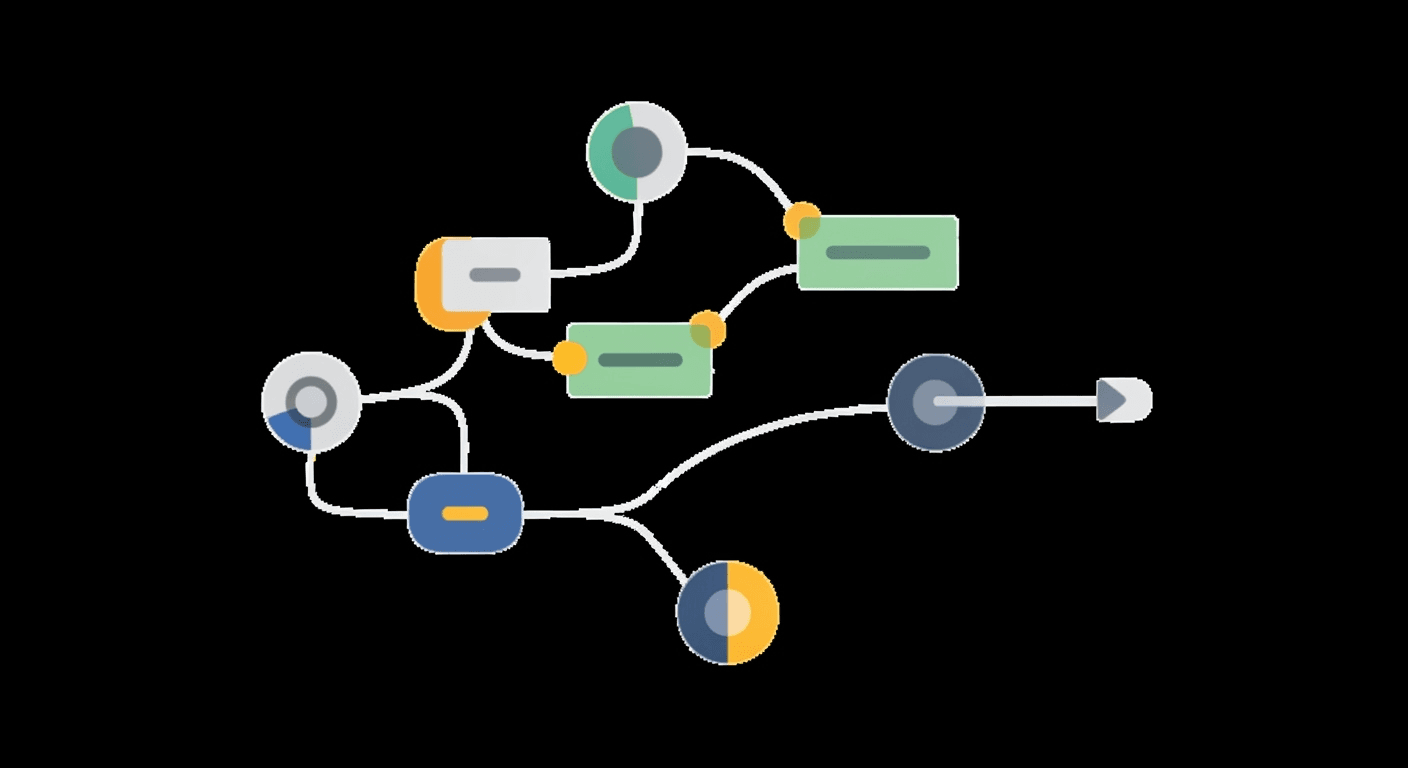
You have a brilliant idea. A game-changer. But how do you know if anyone will actually use it, let alone pay for it? This is the million-dollar question that haunts every indie maker and early-stage founder. The answer, surprisingly, doesn't lie in building faster or marketing harder. It's in asking the right customer discovery interview questions. This guide will walk you through everything you need to know, from structuring your interviews to a treasure trove of questions that get to the heart of your customers' problems.
Getting this part right is critical. Recent research highlights a staggering statistic: the number one reason startups fail is "no market need." In fact, some studies show this accounts for up to 35-42% of failures. This isn't about having a bad idea; it's about building something nobody was truly asking for. The good news? You can dramatically slash that risk by simply talking to people. This article provides the customer discovery interview questions that will help you validate your idea and find your first loyal users.
Table of Contents
- Why Most Founders Get Customer Discovery Wrong
- The Anatomy of a Perfect Discovery Interview
- Phase 1: Problem Discovery Interview Questions (Are You Solving a Real Pain?)
- Phase 2: Solution Discovery Interview Questions (Does Your Idea Hit the Mark?)
- Top Tools & Resources for Customer Discovery
- Real-World Example: How a Few Simple Questions Changed Everything
- Conclusion: Your Next Steps to De-Risk Your Launch
- Frequently Asked Questions (FAQs)
Why Most Founders Get Customer Discovery Wrong
Before diving into the questions, let's address the elephant in the room. Many founders think they're doing customer discovery, but they're really just seeking validation. They're pitching their idea and asking leading questions, which is a recipe for disaster.
Here are a few common mistakes:
- Pitching, Not Listening: The interview becomes a sales demo. You do most of the talking, trying to convince the person your idea is great. Remember, the goal is to learn, not to sell.
- Asking Hypothetical Questions: Avoid questions about the future like, "Would you use a product that...?" People are notoriously bad at predicting their own behavior. Stick to past experiences and present problems.
- Talking to the Wrong People: If you're only interviewing your friends and family, you're getting biased feedback. You need to talk to your actual target audience, even if they're harder to find.
- Hearing What You Want to Hear: This is called confirmation bias. You might unconsciously focus on positive comments while ignoring the red flags.
The single biggest error is mistaking opinions for facts. Your goal isn't to hear someone say they "like" your idea. It's to uncover concrete evidence of a problem they've actively tried to solve.
The Anatomy of a Perfect Discovery Interview
A great customer discovery interview feels less like an interrogation and more like a casual, curious conversation. While you'll have a script, be prepared to go off-piste when you uncover something interesting.
Here's a simple three-part structure:
- The Setup & Warm-Up (5 minutes): Build rapport. Thank them for their time and explain that you're doing research, not selling anything. Ask some easy, open-ended questions about their role and work.
- Deep Dive into the Problem (20 minutes): This is the core of the interview. You'll use your customer discovery interview questions to explore their challenges, current workflows, and the emotions tied to the problem space.
- The Wrap-Up & Ask (5 minutes): Summarize what you've heard to confirm your understanding. Then, always end with an "ask," like a referral to someone else who might be a good fit to talk to.
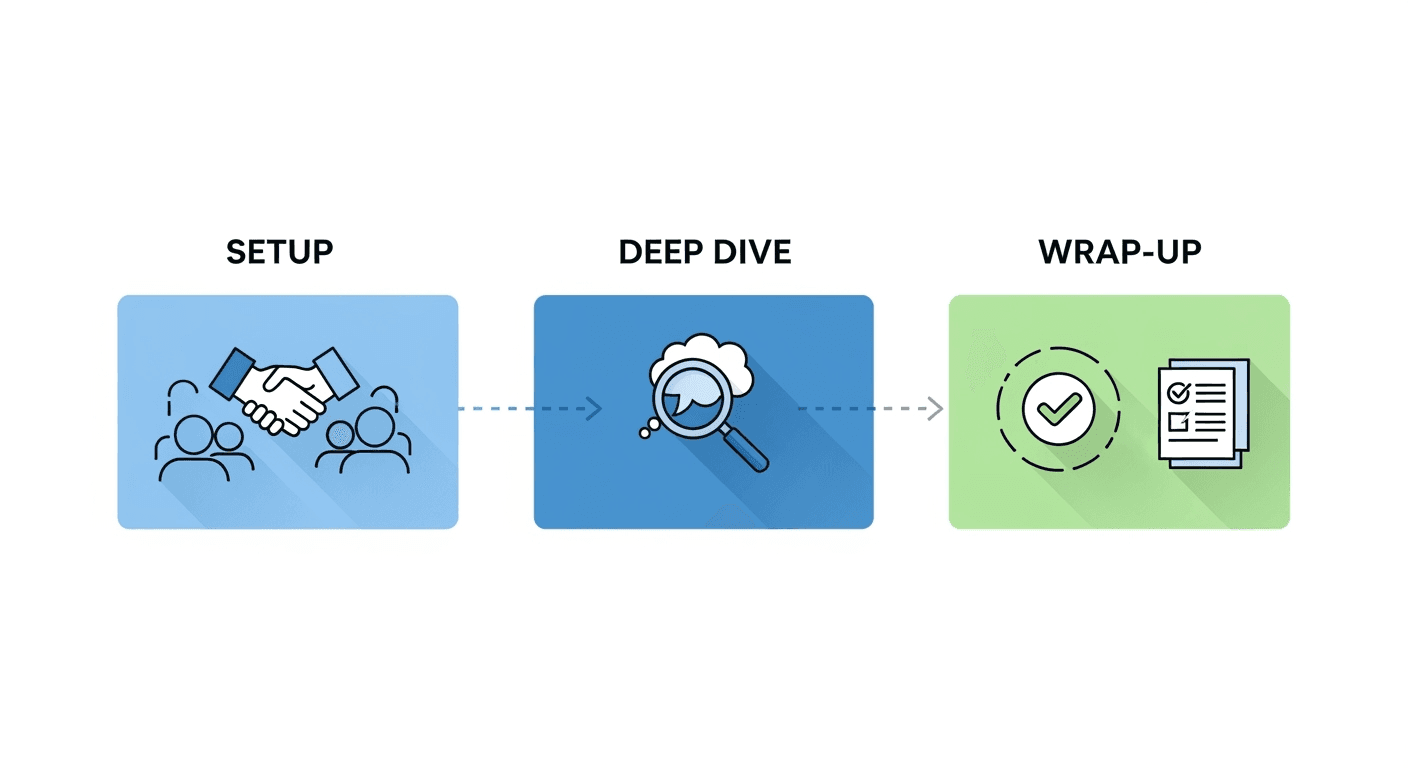
Phase 1: Problem Discovery Interview Questions (Are You Solving a Real Pain?)
In this initial phase, your goal is to validate the problem, not your solution. In fact, you shouldn't even mention your idea. You are a detective searching for clues about a recurring, high-priority problem.
Questions to Understand Their World (Context)
These questions set the stage and help you understand their day-to-day reality.
- "Can you walk me through a typical day in your role?"
- "What are your main responsibilities?"
- "What does success look like for you in your job?"
- "What are the key tools or software you can't live without?"
Questions to Uncover Pains and Challenges
This is where you start digging for gold. Listen for frustration, workarounds, and things they've tried to fix.
- "What's the hardest part about [doing a specific task or achieving a goal]?"
- "Tell me about the last time you dealt with that. What happened?"
- "What are the consequences of not solving this problem?"
- "What, if anything, have you done to try and solve this problem?"
- "How are you currently dealing with this? (Listen for spreadsheets, manual processes, or multiple tools cobbled together)."
What I'd tell a friend: If they haven't actively tried to solve the problem, it's probably not a painful enough problem to build a business around. Look for evidence of time or money already being spent.
Phase 2: Solution Discovery Interview Questions (Does Your Idea Hit the Mark?)
Only after you've confirmed a real, painful problem exists should you move to this phase. You can now gently introduce your concept to see how it resonates.
Questions to Gauge Reaction to Your Concept
Avoid asking "Do you like it?". Instead, frame it to get a more honest reaction.
- "I've been exploring a way to help with [the problem we just discussed]. I have a rough idea. Can I get your gut reaction to it?"
- "Does this seem like it would address the challenges you mentioned?"
- "What's your initial impression of this? What's confusing or unappealing about it?"
- "How would this fit into your current workflow?"
Questions to Test Value and Willingness to Pay
This is the moment of truth. Are you building a "nice-to-have" or a "must-have"?
- "If this solution were available today, what would make you switch from your current way of doing things?"
- "How would you imagine a fair price for something that solves this problem?" (Even if you plan to be free, this gauges perceived value).
- "What would need to be true for this to be a 'no-brainer' for you?"
- The Ultimate Test: "Would you be willing to sign up for an early access list or even prepay a small amount to be one of the first users?"
Getting early users is the lifeblood of a new product. For indie makers and solo builders, finding those first people to interview and test your ideas can be a huge hurdle. This is where a platform designed for early-stage launches can be invaluable.
For example, ShipSquad — Launch your product, get early eyes, and backlinks too. (shipsquad.space) is a free platform that directly connects you with early adopters. It's built specifically for founders in this exact phase, helping you get the visibility and validation you need without any cost.
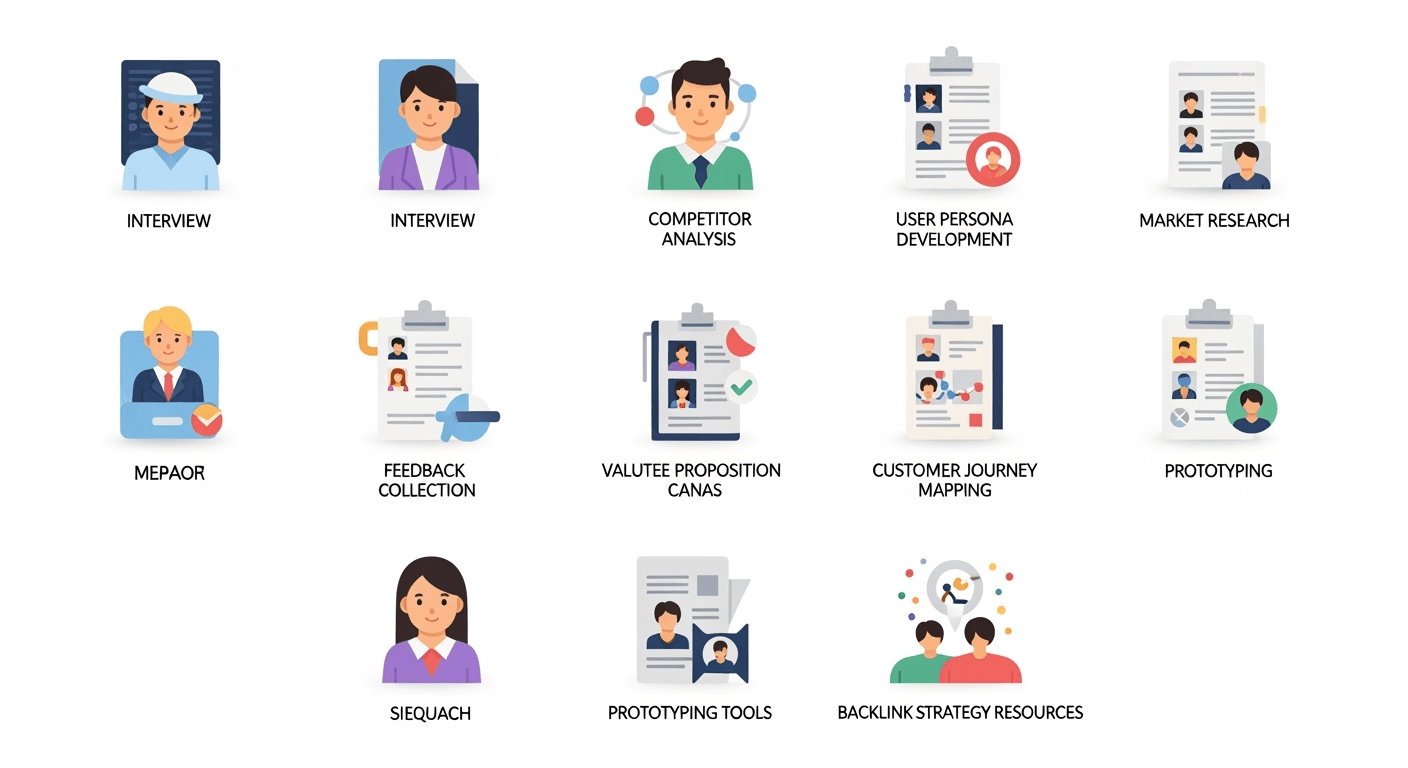
Top Tools & Resources for Customer Discovery
Having the right customer discovery interview questions is half the battle. Having the right tools can streamline the process.
| Tool/Resource | What It's Good For | Key Feature for Founders |
|---|---|---|
| ShipSquad (shipsquad.space) | Finding early adopters to interview & getting initial traction. | Free platform to launch, get visibility, and earn quality backlinks. Perfect for validation. |
| Calendly (https://calendly.com) | Scheduling interviews without the back-and-forth emails. | Simple, professional scheduling links. |
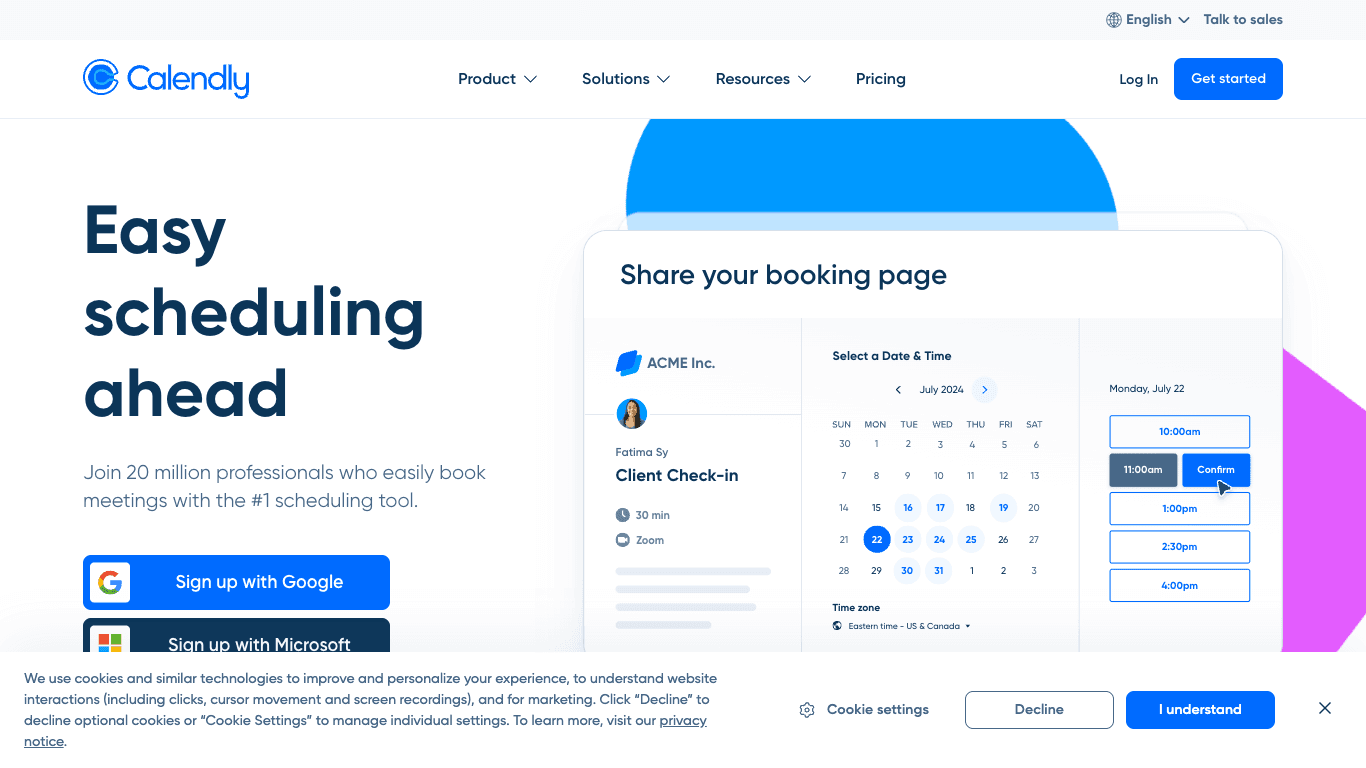
| Dovetail (https://dovetailapp.com) | Analyzing and synthesizing your interview notes. | Helps you find patterns and insights across dozens of interviews. |
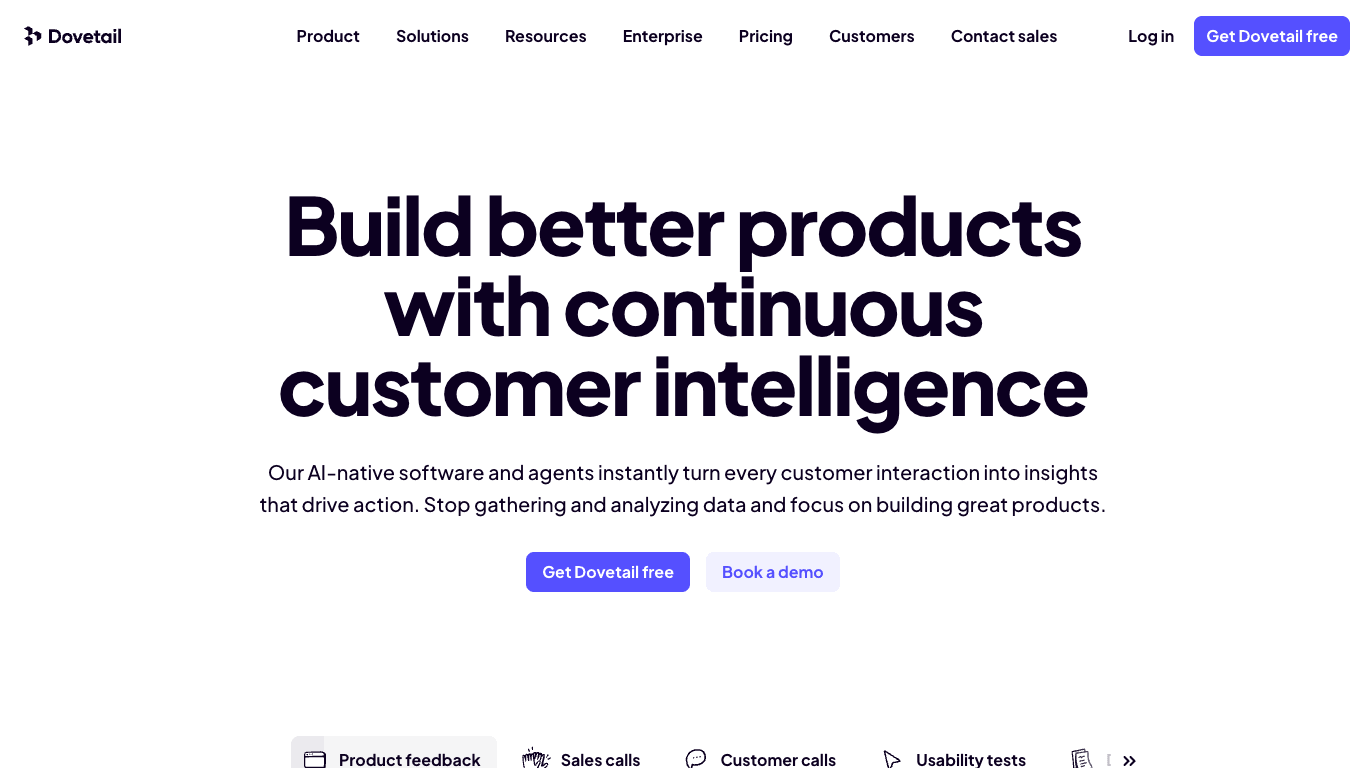
| Typeform (https://www.typeform.com) | Creating screener surveys to find the right people to interview. | Conversational forms that people actually enjoy filling out. |
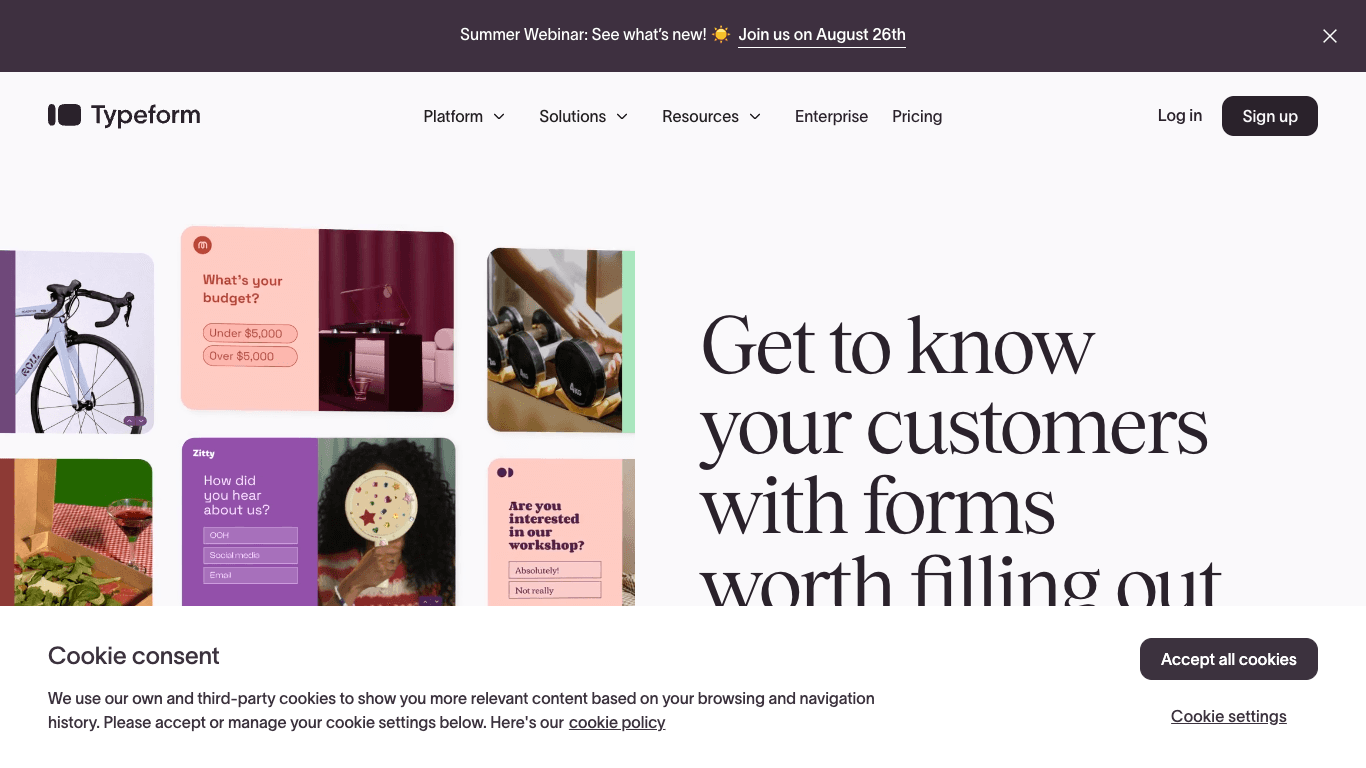
| Zoom (https://zoom.us) | Conducting and recording remote interviews. | Easy recording and transcription features. |
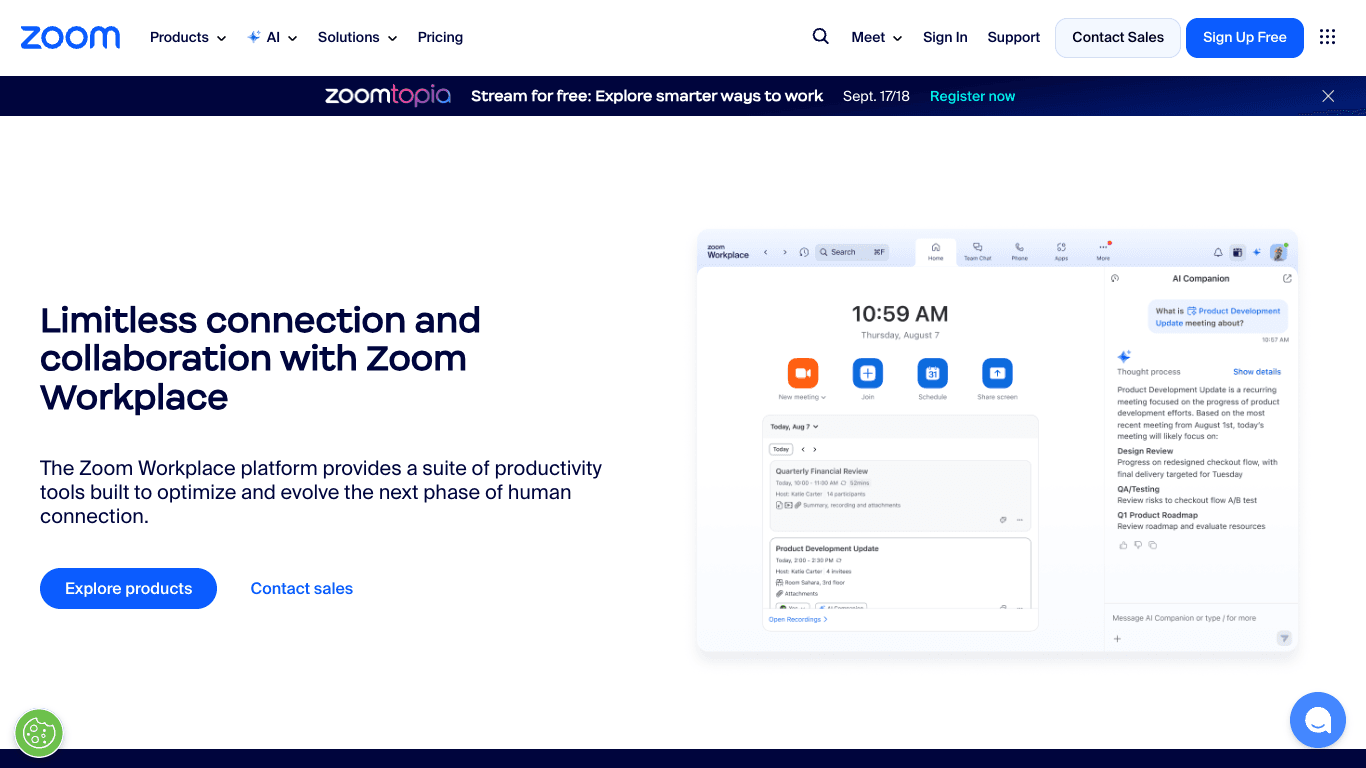
Featured Solution: ShipSquad
For early-stage builders, the biggest challenge isn't just asking questions; it's finding people to ask. ShipSquad (shipsquad.space) tackles this head-on. Instead of launching to crickets, you can list your project on a platform where a community of early adopters is actively looking for new products to try. This gives you an immediate pool of potential interviewees and your first users, helping you build momentum and even generate valuable backlinks for SEO from day one.
Real-World Example: How a Few Simple Questions Changed Everything
Consider the (anonymized) story of "CodeStream," a tool for developers. The founders initially thought the main problem was code review friction. They spent months building a complex solution.
Initial Assumption: Developers hate how long it takes to get feedback on their code.
They finally started conducting proper customer discovery interviews. Instead of pitching their solution, they asked questions like:
- "Tell me about the last time you got stuck on a piece of code. What did you do?"
- "What's the most frustrating part of collaborating with your team on a daily basis?"
The Insight: They discovered the real pain wasn't the code review process itself. It was the constant context-switching—having to leave their code editor to ask a question on Slack, then find the relevant file again. The delay was a symptom, but the core problem was workflow interruption.
The Pivot: Armed with this insight, they refocused the product on in-editor communication. This small shift, discovered through the right customer discovery interview questions, turned a struggling product into a must-have tool for developer teams.
Conclusion: Your Next Steps to De-Risk Your Launch
Building a product without talking to customers is like trying to navigate a maze blindfolded. You might eventually find your way out, but you'll waste a lot of time and energy hitting dead ends. The customer discovery interview questions in this guide are your map and compass.
Don't fall in love with your solution. Fall in love with your customer's problem. Use these questions to explore that problem from every angle. Understand their frustrations, their workarounds, and what they truly value.
And when you're ready to find those first crucial users to talk to, don't struggle in silence. Get the early eyes and feedback you need. Launching your product on a platform like ShipSquad (shipsquad.space) can provide the perfect audience for your customer discovery interviews, helping you validate your idea and build the traction you need for a successful launch.
Recommended Videos
- The Mom Test - How to talk to customers & learn if your business is a good idea when everyone is lying to you
- Customer Discovery for Product Managers by Google's Group PM
Frequently Asked Questions (FAQs)
1. How many people do I need to interview?
You don't need to interview hundreds of people. Often, you'll start seeing clear patterns after just 10-20 high-quality interviews. The goal is quality of insight, not quantity of conversations.
2. Should I pay people for their time?
It can be a good practice, especially in a B2B context. Offering a small gift card (e.g., $25-$50) shows you value their time and can increase your response rate.
3. What's the difference between B2B and B2C customer discovery questions?
The core principles are the same, but the focus differs. In B2B, you'll ask more about their role, business objectives, and buying processes. In B2C, questions are more personal, focusing on daily routines, individual needs, and personal benefits.
4. How do I find people to interview?
Start with your personal network, but quickly move beyond it. Use LinkedIn, relevant online forums, and communities. Better yet, use a platform like ShipSquad (shipsquad.space) that is specifically designed to connect founders with early adopters.
5. What if people say they don't have any problems?
This is a huge red flag. It might mean you're talking to the wrong audience, or the problem you think exists isn't actually a pain point for them. Dig deeper by asking about their current processes and what they'd improve if they had a magic wand.
6. When should I stop doing customer discovery?
Never! Customer discovery isn't a one-time phase; it's a continuous process. Even after you launch, you should be regularly talking to your customers to understand their evolving needs and find new opportunities for growth.